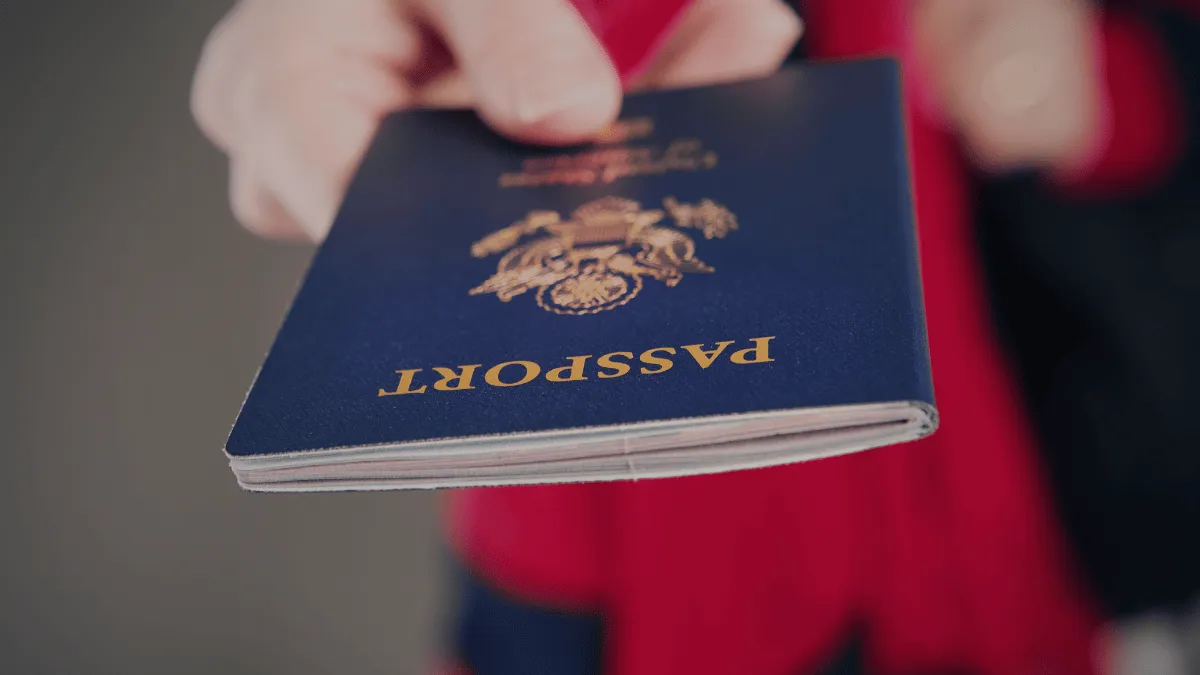Unveiling KYC frauds: Safeguarding your identity while traveling
Dive into KYC frauds: understand their methods, consequences, and strategies to protect your identity and finances.



Dive into KYC frauds: understand their methods, consequences, and strategies to protect your identity and finances.

In today's interconnected world, travel has become an essential aspect of our lives, offering us the chance to explore new horizons, cultures, and experiences. As technology continues to advance, the convenience of digital transactions has made our lives easier, but it has also brought about new challenges, such as the increased risk of identity fraud while traveling. One of the most concerning forms of fraud travelers need to be vigilant about is "KYC fraud," which stands for Know Your Customer fraud. In this article, we will delve deep into the realm of KYC frauds, grasp their modus operandi, understand the potential consequences, and arm you with effective strategies to protect your identity and financial well-being while you embark on your journeys.
KYC fraud, also known as identity theft or impersonation fraud, is a deceptive practice where criminals use either stolen or fabricated identification documents to impersonate individuals and gain unauthorized access to services or execute financial transactions. The very premise of KYC processes is to ensure the legitimacy and security of financial transactions and services. However, fraudsters exploit this system's inherent need for verification, deceiving service providers and gaining illicit access to the victim's private and sensitive information.
KYC frauds can manifest in various scenarios, particularly when traveling:
Falling victim to KYC frauds can have a cascading effect on various aspects of your life:
As travelers, it's crucial to arm ourselves with knowledge and adopt defensive strategies to thwart KYC frauds effectively:
As you embark on your journeys, it's vital to comprehend the risks associated with KYC frauds. By staying informed, adopting secure practices, and remaining vigilant while sharing personal information, you can significantly mitigate your vulnerability to these fraudulent schemes. Whether you're exploring a new city or venturing across international borders, safeguarding your identity and financial well-being should remain paramount. Always remember that with the right precautions and awareness, you can fully embrace your travel experiences without succumbing to the pitfalls of KYC frauds.
Dataleon can help you bring your images and documents to life with ease.
Test the platform for freeContact us.svg)
Try 15 days
.svg)
No credit card
.svg)
Cancel Anytime